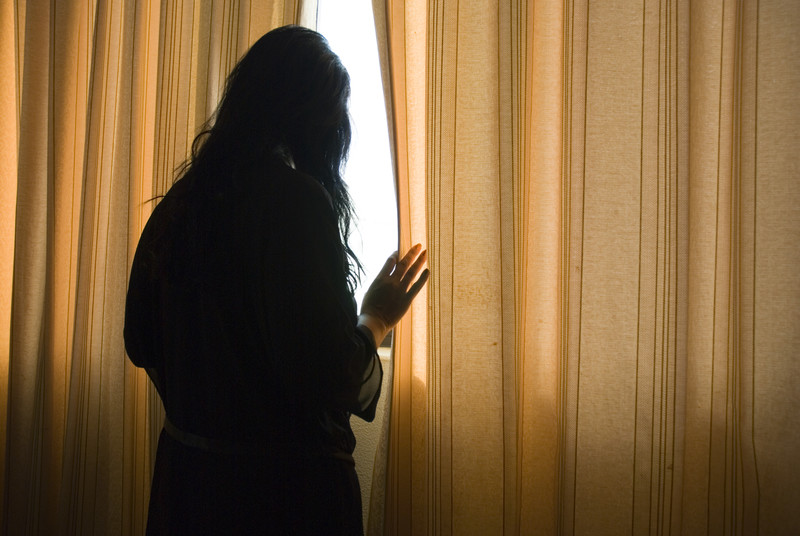Social Anxiety Disorder (which is also called “social phobia”) is a complex mental health condition. Unlike shyness where you may just feel a little hesitant to mix with other people, Social Anxiety Disorder is characterized by an uncontrollable fear of being judged by other people or being humiliated or rejected by them.
Although the abbreviation for Social Anxiety Disorder is “SAD”, it generally isn’t referred to as this so as to not confuse it with Seasonal Affective Disorder which is known as SAD.
People experiencing Social Anxiety Disorder may feel like this when they are around other people:
-
- Strong anxiety that causes them to blush, tremble, sweat, have a rapid heart rate, or feel their “mind going blank”
- Nausea (e.g. sick to their stomach)
- Rigid and be unable to make eye contact, or they may speak with an overly soft voice
- Scared, especially if they are around people they don’t already know
- Have trouble making conversation even though they wish they could
- Be self-conscious in front of other people and feel embarrassed and awkward
- Be afraid that other people will judge them
- Stay away from being around other people
What causes Social Anxiety Disorder?
Sometimes this condition can be present in a number of family members. Several parts of the brain are involved in fear and anxiety. It could possibly be caused by misreading of other people’s behavior. For example, you may think that people are staring or judging you when they aren’t at all. It could be that you have never learned the appropriate social skills for such situations. Research is continuing to find the real causes of this condition.
What can you do if you are suffering from this disorder?
Talk to a mental health professional. They will do a diagnosis to see if you really are suffering from Social Anxiety Disorder.
Cognitive Behavioral Therapy (CBT) has been found useful for treating this condition. CBT teaches you different ways of thinking, behaving, and reacting to social situations to help you feel less anxious and fearful.
References:
https://www.nimh.nih.gov/health/publications/social-anxiety-disorder-more-than-just-shyness

